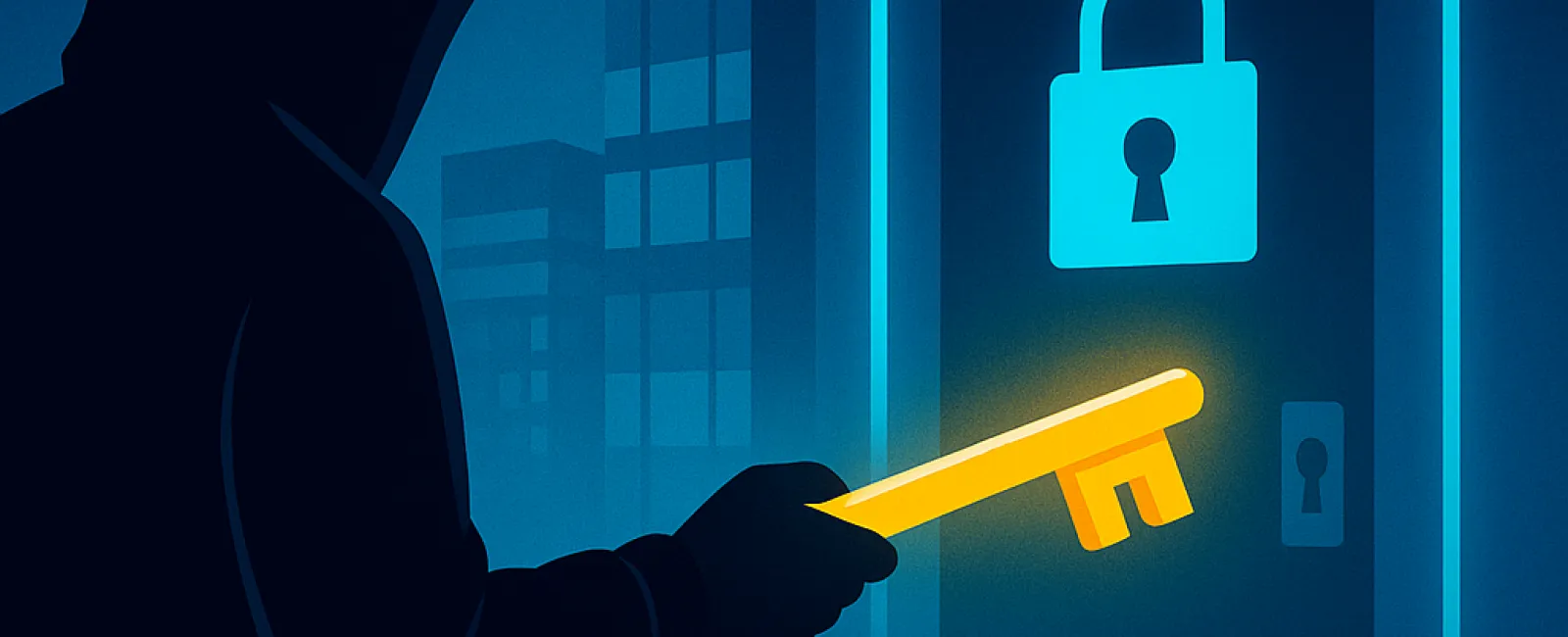August 04, 2025
Cybercriminals are evolving their tactics to target small businesses more effectively. Instead of forcefully breaking in, they now quietly gain access using stolen login credentials — your digital keys.
This method, known as an identity-based attack, is rapidly becoming the leading cause of security breaches. Hackers steal passwords, deceive employees with convincing fake emails, or overwhelm users with repeated login requests until someone inadvertently grants access. Sadly, these strategies are proving alarmingly successful.
According to recent cybersecurity reports, 67% of major security incidents in 2024 originated from compromised login information. Even industry giants like MGM and Caesars fell victim to these attacks the year prior — if they're vulnerable, so is your business.
How Are Hackers Breaching Your Defenses?
While many attacks begin with a simple stolen password, hackers are using increasingly sophisticated techniques:
· Phishing emails and counterfeit login pages trick employees into revealing their credentials.
· SIM swapping enables attackers to intercept two-factor authentication (2FA) codes sent via text.
· Multi-factor authentication (MFA) fatigue attacks bombard users with approval requests until one is mistakenly accepted.
Additionally, hackers exploit vulnerabilities in employee personal devices and third-party vendors, such as help desks or call centers, to gain entry.
Protecting Your Business Starts Here
The good news? You don't need to be a cybersecurity expert to safeguard your company. Implementing a few key strategies can dramatically reduce your risk:
1. Enable Multifactor Authentication (MFA)
Add an extra layer of security during login. Opt for app-based or hardware security key MFA, which are far more secure than text message codes.
2. Educate Your Team
Empower employees to identify phishing scams, suspicious emails, and unusual requests. A well-informed team is your first line of defense.
3. Restrict Access Privileges
Grant employees only the access necessary to perform their roles. Limiting permissions helps contain breaches if an account is compromised.
4. Adopt Strong Password Practices or Go Passwordless
Encourage use of password managers or advanced authentication methods like biometric logins and security keys that eliminate password reliance.
The Bottom Line
Hackers relentlessly pursue your login credentials and continuously refine their tactics. Staying protected doesn't mean you have to face this challenge alone.
We're here to help you implement robust security measures that keep your business safe without disrupting your workflow.
Wondering if your business is at risk? Let's talk. Click here or give us a call at (918) 770-9150 to book your 15-Minute Discovery Call.



